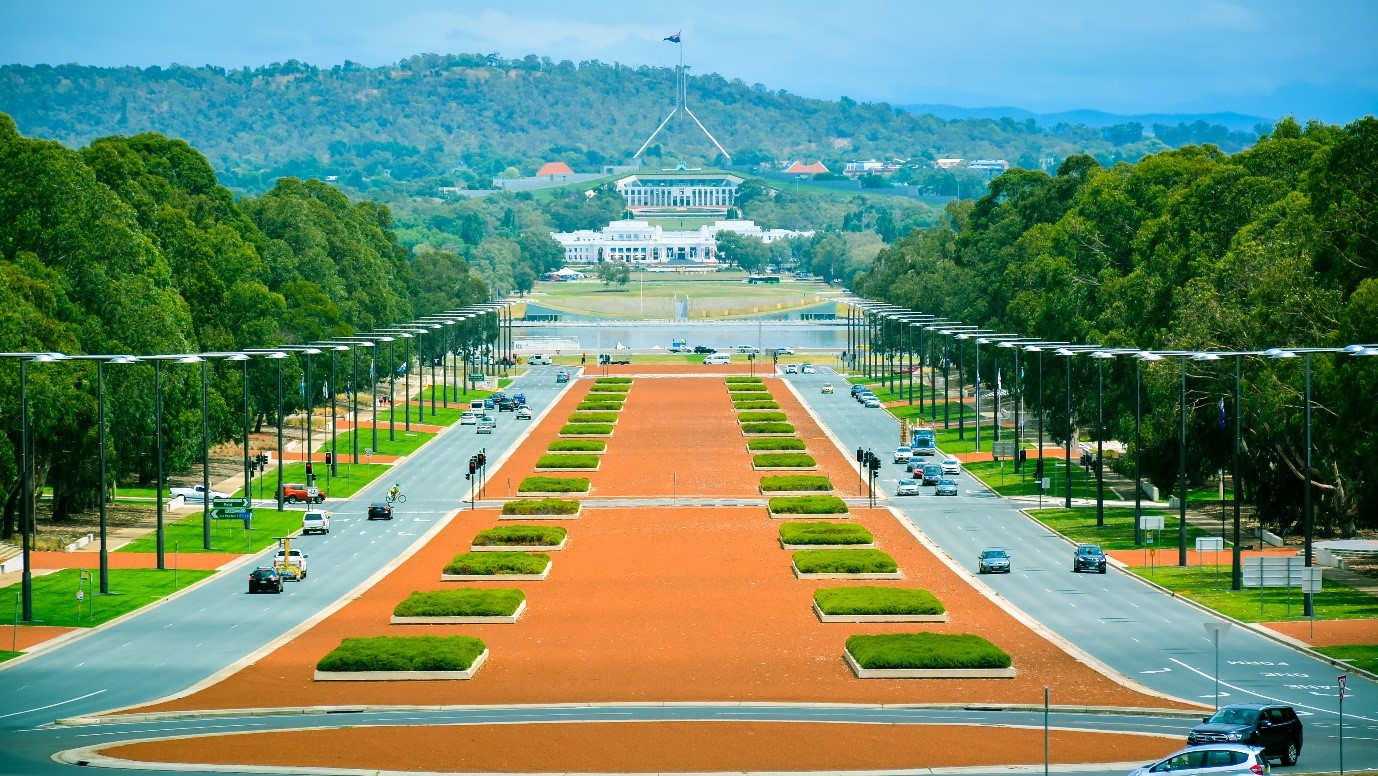With the COVID-19 pandemic spreading quickly across Australia, the Government has taken additional measures to ensure that the Government’s focus remains on ensuring that Australian’s remain safe and healthy during this unprecedented crisis.
As part of these measures, the Government announced late last week that it will delay the handing down of the Budget until the first week of October. Furthermore, the Parliament decided on its single sitting day this week, Monday 23 March 2020, that it would alter the sitting calendar to reduce travel between parliamentarian’s home states and Canberra as well as protect their staff and the staff of Parliament House.
For business and industry, these changes not only affect the normal course of engagement with MPs and Senators, but it also gives an insight into the challenges that Government are facing with regards to the outbreak of COVID-19.
With this in mind, here are our thoughts on what these changes to the 2020/21 Budget and Parliamentary Sitting Calendar could mean for business going forward.
DELAYED BUDGETS
Due to the rapidly changing nature of the COVID-19 pandemic, Prime Minister, the Hon Scott Morrison MP, announced on Friday last week that the Federal Budget will be delayed until the first Tuesday in October – Tuesday 6 October 2020.
Treasurer, the Hon Josh Frydenberg MP elaborated on the decision to delay the Budget, stating that COVID-19 and its impacts on the economy were creating too much uncertainty for the Morrison Government to create a Budget that could accurately reflect Australia’s economic position.
In addition to the delay of the Federal Budget, all the states and territories have also indicated that they are also delaying their budgets due to the pressing nature of the COVID-19 response. At this stage, the states and territories have not indicated when their Budgets will be handed down, however, the Prime Minister has indicated that the states and territories will be working to similar timeframes.
EXTENDED PARLIAMENTARY BREAK
Following further restrictions due to COVID-19, the Parliament passed a revised Parliamentary Sitting Calendar to ensure that Parliamentarians, their staff and the staff of Parliament House minimize the risk of contracting COVID-19.
The biggest change in the new Parliamentary calendar is the removal of the May and June sitting fortnights in June, as well as the sitting week for the Budget in May 2020. At this stage, the Parliament is due to reconvene on 11 August 2020.
Business and industry should be aware that although the new Sitting Calendar indicates a Parliamentary return in August, the COVID-19 situation is ever-evolving and should it be necessary, the Parliament may make the decision to cancel further sitting weeks, should it deem it appropriate to safeguard the health of Parliamentarians and their staff.
WHAT DOES THIS MEAN FOR BUSINESS AND INDUSTRY?
KEY TAKEAWAYS FROM THE NEW PARLIAMENTARY SITTING CALENDAR
One of the key takeaways for business and industry is that the delay in reconvening Parliament can serve as an excellent indication of the timeframe that Government and key authorities are working towards with regards to COVID-19. Therefore, unless major positive developments occur in the interim, people should expect restrictions associated with reducing the spread of COVID-19 to remain in force at least until August 2020.
However, August 2020 is not a firm time for the lifting of restrictions and the Government has indicated should the COVID-19 situation not improve in the next few months, the Government will continue to enforce current restrictions. If the situation deteriorates, the Government has indicated that it will introduce tougher restrictions on people’s movement and interactions with other people.
IMPACT OF ECONOMIC STIMULUS ON BUDGET
With the regards to the delayed Budget, business and industry should be aware that this year’s Budget will drastically diverge from last year’s projections. Treasurer, the Hon Josh Frydenberg MP and the Morrison Government will likely to be focused on ensuring that continued stimulus is pumped into the Australian economy to avoid deep economic stagnation.
Many pundits are predicting that due to COVID-19, the Australian economy is likely to fall into recession (two consecutive quarters of economic growth) and should this occur, the Government will be concerned with ensuring that the effects of a recession have a minimal impact on the broader community. Currently, the Morrison Government has indicated that despite the nearly 200 billion in stimulus already announced, further stimulus packages could be released as the economic impact of COVID-19 evolves and changes.
Our team at Nexus have extensive experience working in uncertain and challenging environments, both in Parliament House and in the private sector. With years of expertise working in Federal and State Governments, Nexus can provide critical advice on how to best place your business during this unprecedented pandemic. Should you require any of our services, please don’t hesitate to contact one of the Nexus team.
Latest posts by Nexus APAC (see all)
- United Kingdom General Election 2024: An Overview - April 15, 2024
- Australian Voters Go to the Polls - February 26, 2024
- Secretaries of Federal Departments – An Overview - February 1, 2024



